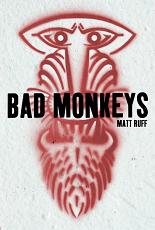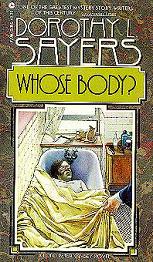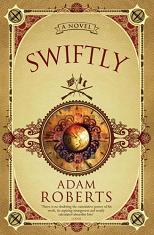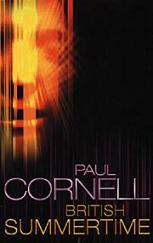
Bad Monkeys
Matt Ruff
230 pages
published in 2007
When your local library’s automated lending system refuses to recognise a book you’re attempting to borrow when it’s clearly there in front of you, it’s enough to make you a little bit paranoid, but when that book is Bad Monkeys, an example of American Paranoia at its finest, with a Christopher Moore quote on the cover saying “Buy it, read it, memorise then destroy it. There are eyes everywhere.“, you become more than a bit paranoid. Little did I know then how appropriate that little incident was. Bad Monkeys is one of those books that makes you look twice at every CCTV camera on your daily commute, not to mention much more innocent examples of street furniture for signs of hidden cameras.
You might know Matt Ruff from Sewer, Gas & Electric, his brilliant and hilarious parody-slash-update-slash-mixup of the stoner paranoia classic Illuminantus! trilogy, not to mention that bible of teenage libertarianism, Atlas Shrugged. If that novel showed Ruff’s absurdistic, bombastic side, Bad Monkeys is toned down, sleek and effortlessly cool. It still taps into that vein of essential American paranoia that also drove Sewer, Gas & Electric, but this time it’s more refined, less consciously wacky.



